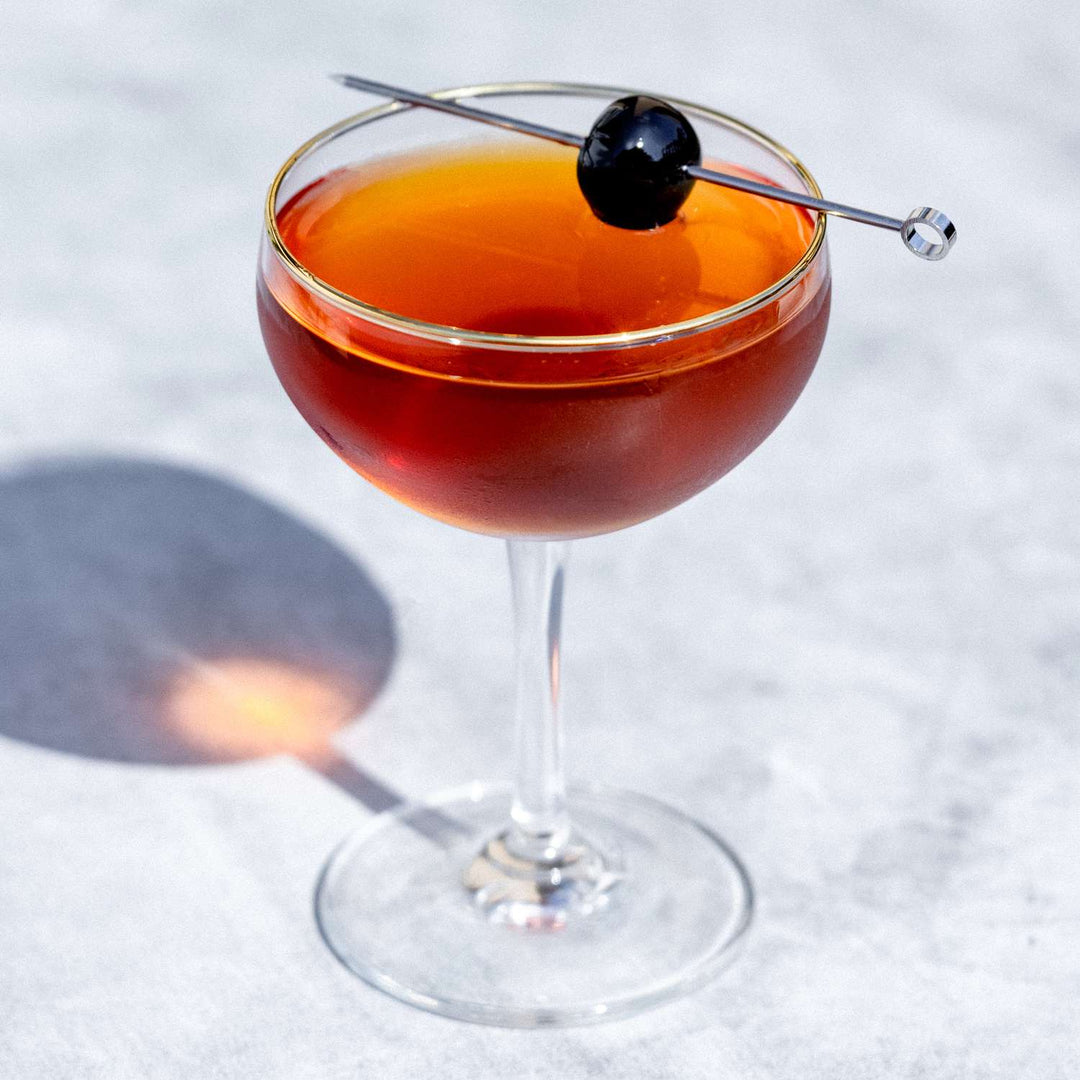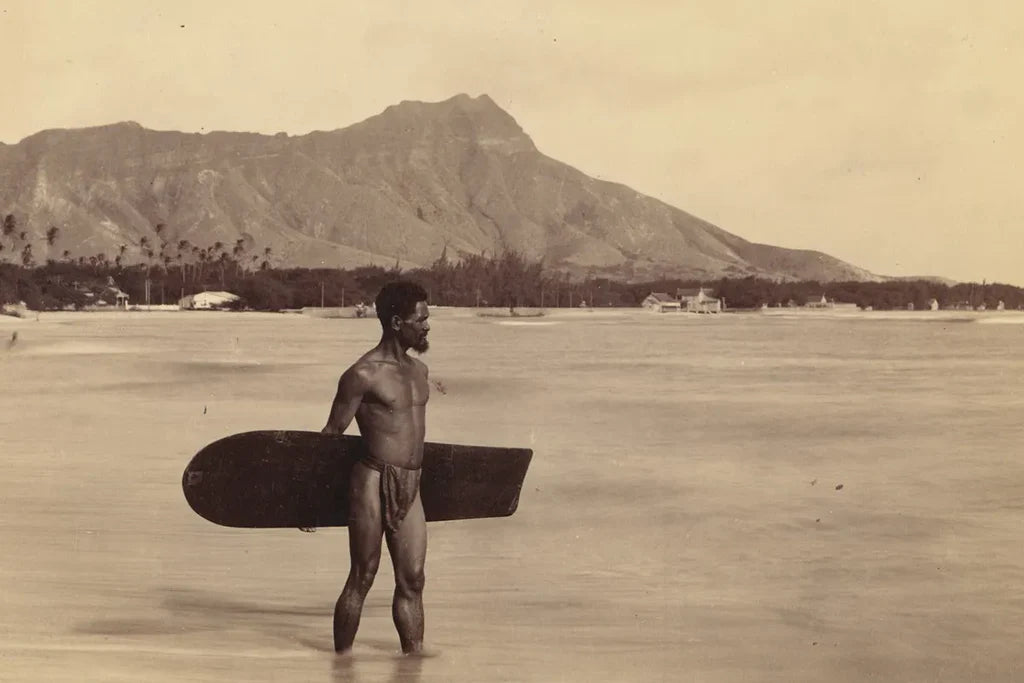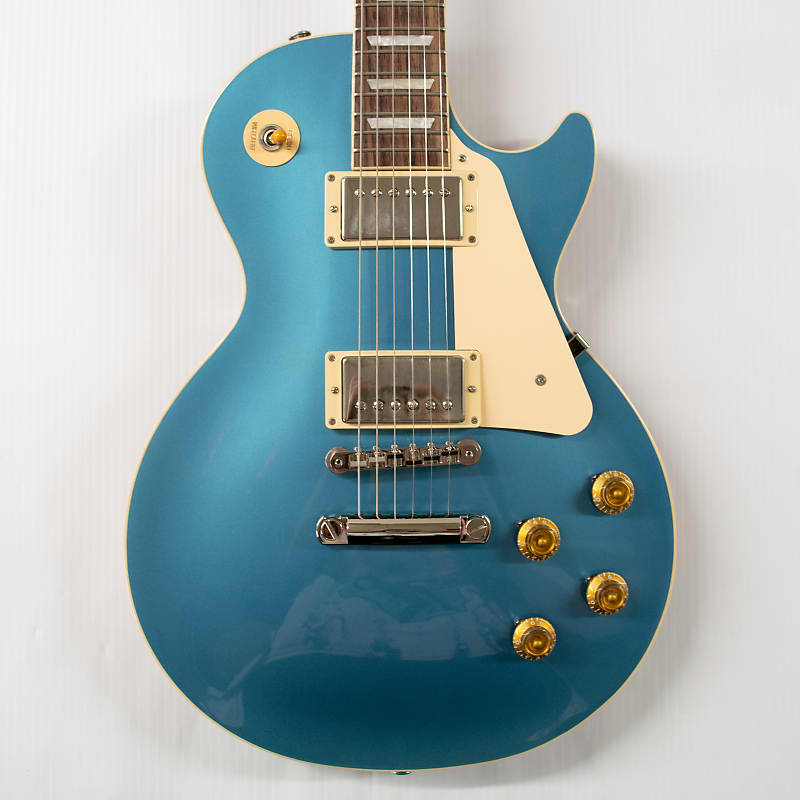History of the Green Motorcycle Patent
The motorcycle has come a long way since its invention in 1885 by German engineers Gottlieb Daimler and Wilhelm Maybach. The first motorized two-wheeler was called the Reitwagen, or "riding car". It was powered by a single-cylinder petroleum engine, had a top speed of about 10 mph, and the frame was made of wood.

In the early 1900s, the first mass-produced motorcycles began to appear. These earliest models had a single-cylinder engine and a simple leather belt drive. They were sold as a cheap and efficient alternative to the horse and buggy.

By the 1920s, the motorcycle had become an increasingly popular form of transportation and leisure. Companies like Harley-Davidson, Indian, and Excelsior-Henderson were producing robust, powerful machines that could reach speeds of up to 60 mph.

During the 1930s, the motorcycle industry experienced a boom after the introduction of the first American V-twin engine, which was more powerful and efficient than the single-cylinder models.
In the 1940s, the motorcycle industry continued to grow, with the introduction of the first sidecar models and the introduction of electric starters.

By the 1950s, the motorcycle had become a symbol of freedom and rebellion, and a popular form of transportation for youth. At this time, the “chopper” style of motorcycles emerged with modified extended handle bars, high exhaust pipes, and flashy paint jobs.

The 1960s and 70s saw the development of the “cafe racer” style of motorcycles, which were lighter and faster than the choppers of the previous decade.
By the 1980s, the motorcycle had become a symbol of power and luxury, with manufacturers offering more and more features, such as electronic fuel injection, anti-lock brakes, and adjustable suspension.

Today, motorcycles remain a popular vehicle among enthusiasts and collectors.
In 1993, during a period of strong foothold in the motorcycle market, William Davidson of Harley Davidson filed a patent for an ornamental motorcycle design. The design was based on, and furthered, their popular touring motorcycles.
Check out the patent







